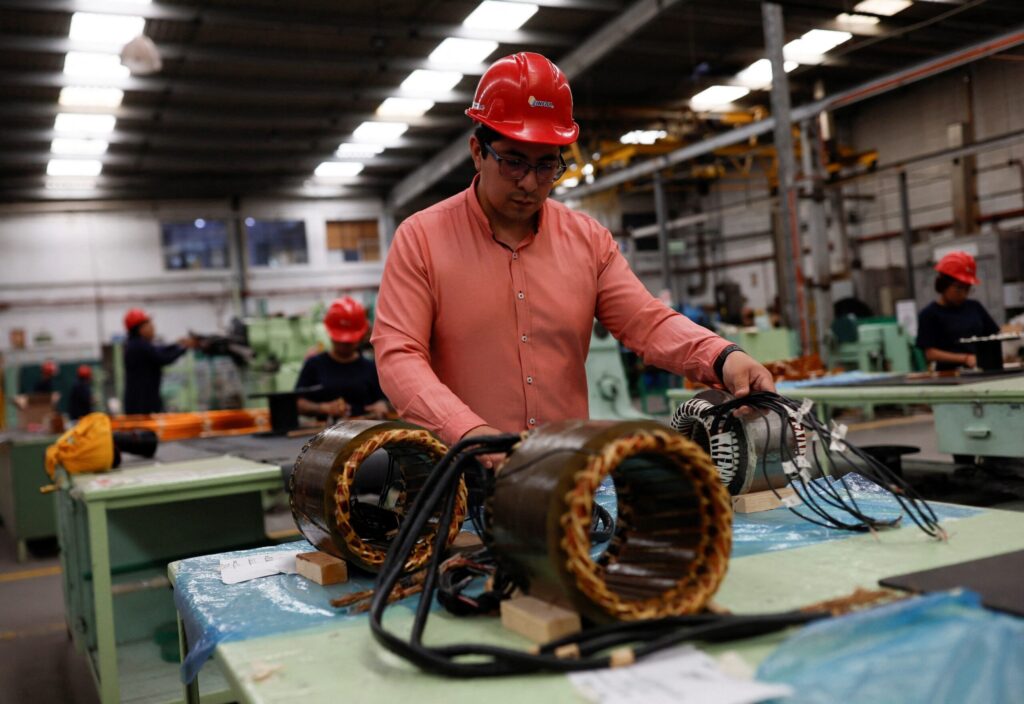25% duty on all automotive imports
Auto one of Turkey’s leading sectors
Clothing faces 10% tariff
Turkish exporters expressed mixed feelings on the news of President Donald Trump’s “Liberation Day” tariffs.
There was relief that most sectors escaped with just a 10 percent impost, but Turkey’s car and parts producers, one of the country’s leading manufacturing and exporting sectors, were much less happy with the 25 percent tariff on all automotive imports.
Turkey is no stranger to US tariffs, having laboured under a 25 percent duty on steel and aluminium exports to America since Trump’s first term in office. That rate was at one point increased to 50 percent after claims Turkish producers were dumping cheap steel on the US market.
Turkey’s automotive industry will have to contend with the 25 percent tax put on vehicles as of April 3. A similar levy on components is scheduled to come into effect on May 3.
The US is Turkey’s ninth largest market for auto exports, with sales of $1.2 billion last year, mainly comprised of components. Automotive exports reached a total of $37 billion. The US has also been a growing market. Sales increased in four out of the past five years.
Other sectors fared better. Chemicals and products, with exports worth $1.5 billion last year, and the $856 million ready-to-wear and apparel sector, were only targeted by a 10 percent charge.
However, Bozkurt Aran, director of the Multilateral Trade Studies Centre at the Economic Policy Research Foundation of Türkiye, believes the main issue at hand is not the 10 percent tariffs on most Turkish exports to the US, or potential harm to overall bilateral trade of around $30 billion annually.
“This is not about 10 percent, this is about what Trump is actually doing to end regulated trade,” Aran said.
“Turkey sees exports as a fundamental base of its development, so with Trump’s moves leading to a collapse of the global trading system this will have a significantly negative impact on Turkey. Not because of harm to its exports to the US but due to the obstruction or complications posed to international trade,” he said.
Register now: It’s easy and free
AGBI registered members can access even more of our unique analysis and perspective on business and economics in the Middle East.
Why sign uP
Exclusive weekly email from our editor-in-chief
Personalised weekly emails for your preferred industry sectors
Read and download our insight packed white papers
Access to our mobile app
Prioritised access to live events
Already registered? Sign in
I’ll register later



